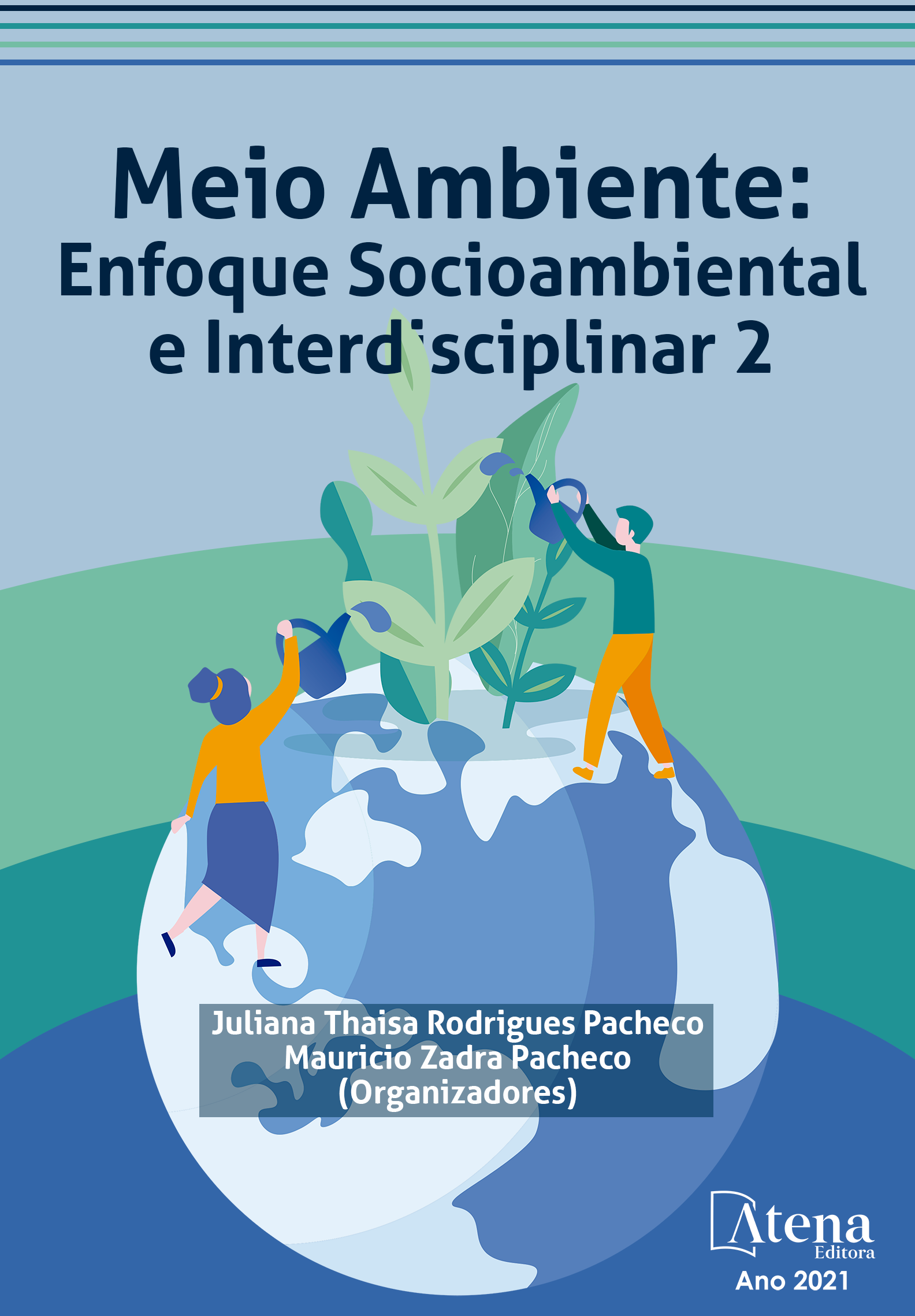
O GEAS COMO AGENTE PROMOTOR DA EDUCAÇÃO AMBIENTAL: AÇÃO NO RESTAURANTE UNIVERSITÁRIO DA UFRA.
O descarte inadequado de resíduos sólidos é um grande agente nas mudanças negativas nos ecossistemas. O plástico é um dos principais materiais utilizados na confecção de utensílios devido às suas diversas particularidades, destacando dentre elas o baixo custo, a praticidade na utilização e a leveza. O objetivo deste estudo é mostrar se há preocupação e conhecimento dos frequentadores do restaurante universitário da Universidade Federal Rural da Amazônia (UFRA), campus sede, sobre os impactos gerados pelos resíduos sólidos na fauna silvestre e nos diferentes ecossistemas que existem no Brasil, principalmente na Amazônia. A pesquisa foi realizada no restaurante universitário da UFRA, campus Belém. Foram distribuídos sucos gratuitamente para os usuários do restaurante, porém apenas para aqueles que possuíssem seus próprios recipientes para usos, como garrafas e copos pessoais, a fim de analisar a quantidade de alunos que não utilizam mais copos plásticos descartáveis. Foi realizado um questionário para coleta de informações como sexo, curso, idade e para saber se o entrevistado teria alguma noção sobre os impactos do plástico no meio ambiente. Observou-se que parte dos usuários do restaurante universitário da Universidade Federal Rural da Amazônia ainda depende de copos descartáveis para consumir líquidos. Em relação à faixa etária, 88% das pessoas faziam parte da faixa etária de 16 a 26 anos, 5,3% pessoas possuíam entre 27 e 37 anos, 4% pessoas possuíam entre 38 e 48 anos, 1.3 % pessoas possuíam de 49 a 59 anos e 1,3% pessoas possuíam mais de 60 anos. Em relação ao sexo, 60% eram do sexo feminino e 40% do sexo masculino. É necessário que haja mais ações dentro da universidade para que a ocorra a sensibilização ambiental acerca dos impactos do plástico no meio ambiente.
O GEAS COMO AGENTE PROMOTOR DA EDUCAÇÃO AMBIENTAL: AÇÃO NO RESTAURANTE UNIVERSITÁRIO DA UFRA.
-
DOI: 10.22533/at.ed.4352110057
-
Palavras-chave: Educação Ambiental. Extensão Universitária. Meio Ambiente.
-
Keywords: Keywords: Environmental Education. University Extension. Environment.
-
Abstract:
The inadequate disposal of solid waste is a major agent in the negative changes in ecosystems. Plastic is one of the main materials used in the making of utensils due to its various peculiarities, highlighting among them the low cost, practicality in use and lightness. The objective of this study is to show if there is concern and knowledge of the visitors of the university restaurant of the Federal Rural University of the Amazon (UFRA), headquarters campus, about the impacts generated by solid residues in the wild fauna and in the different ecosystems that exist in Brazil, mainly Amazon. The research was carried out at UFRA's university restaurant, campus Belém. Juices were distributed free of charge to restaurant users, but only to those who have their own containers for use, such as bottles and personal cups, in order to analyze the number of students who no longer use disposable plastic cups. A questionnaire was carried out to collect information such as sex, course, age and to find out if the interviewee would have any notion about the impact of plastic on the environment. It was observed that part of the users of the university restaurant of the Federal Rural University of the Amazon still depends on disposable cups to consume liquids. Regarding the age group, 88% of the people were part of the age group of 16 to 26 years old, 5.3% people were between 27 and 37 years old, 4% people were between 38 and 48 years old, 1.3% people were between 49 to 59 years old and 1.3% people were over 60 years old. Regarding sex, 60% were female and 40% male. There is a need for more actions within the university for environmental awareness to occur about the impacts of plastic on the environment
-
Número de páginas: 6
- Marina Chagas dos Passos
- Josye Bianca Santos
- Nayarley Sabá Castelo Branco
- Ana Sílvia Sardinha Ribeiro
- Lucas Lázaro Cirineu Santos


